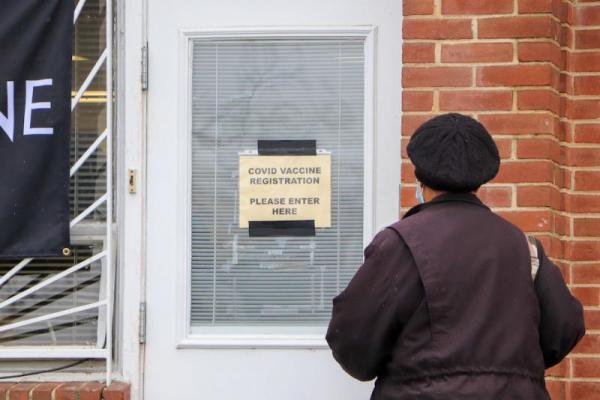Feb 18, 2021
If we are going to overcome vaccine hesitancy and achieve equitable distribution of the vaccine, the Black church will have to take the lead in advocacy for our people who have been among the hardest hit, messaging accurate medical information, and providing greater vaccine access.
Read the Full Article

Already a subscriber? Login
